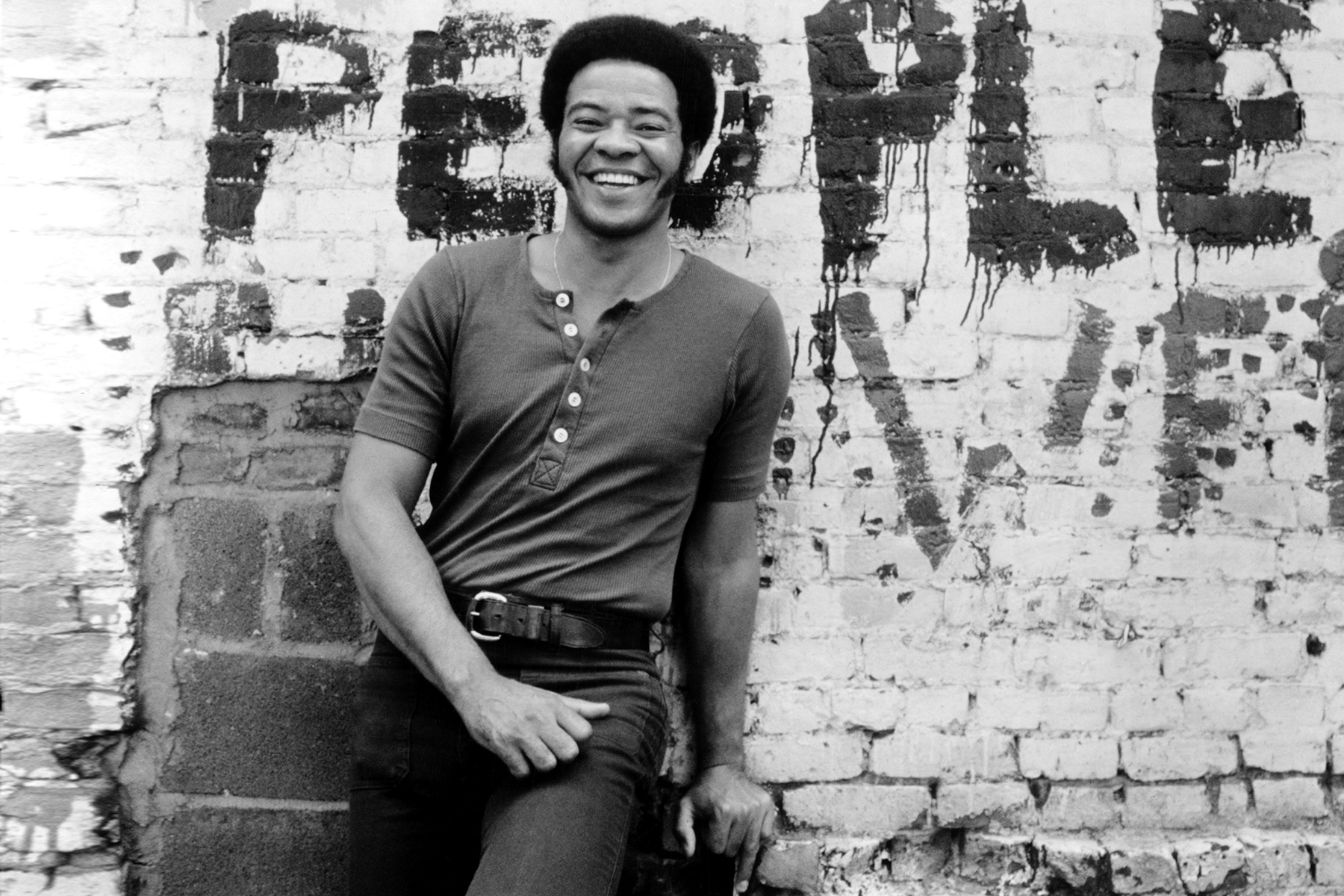Legendary songwriter Bill Withers died last week at the age of 81 due to heart complications, his family announced on Friday.
Withers, the youngest of six children, was born in the small coal-mining town of Slab Fork, West Virginia in 1938. He was the son of Mattie (Galloway), a maid, and William Withers, a miner. He was born with a stutter and later said he had a hard time fitting in. Raised in nearby Beckley, he was 13 years old when his father died.
Withers originally made his career in the navy, enlisting at the age of seventeen and serving for nine years. It was only later that he became interested in making music and thinking about it becoming his new career. He initially paid to record demoes himself, using money earned as an aircraft mechanic after leaving the armed forces.
He signed to Sussex Records in 1970 and, as a result of his delayed entry to the music industry, was 33 when he released his debut album, ‘Just As I Am‘, the following year. ‘Ain’t No Sunshine’, his first single – selling over one million copies in 1971 alone – is a solitary, heartbreaking record Withers’ extraordinarily weather-beaten voice balances the waves of acoustic guitar and mournful strings. A stone cold classic.
The album also spawned tracks as strong and soulful as opener ‘Harlem’ and ‘Grandma’s Hands’ his effortless blending of old soul, gospel, funk and blues sitting alongside a voice that ripples with life experience and a depth that belied his years. Lending a more personal homespun wisdom in a period of social unrest and along with contemporaries like Marvin Gaye and Curtis Mayfield documenting the African American experience.
His second and perhaps most defining album Still Bill arrived in 1972, boasting a palette of funkier rhythms with tracks like ‘Use Me‘ which showed off his range. But it was the album’s lead single ‘Lean On Me’ rich with empathetic piano led gospel which became another of his trademark songs, and an anthem of the civil rights movement. It would be his only number one single on both the soul singles and the Billboard Hot 100. Still to this day its relevance lives on as it recently became a source of comfort for many during the current Covid-19 pandemic.
In 1975, after three albums, Sussex Records went out of business and Withers signed a new record deal with Columbia. Withers disliked the more corporate atmosphere of the company. He also clashed with the label over what direction his music should take, leading to delays between albums and increasingly poor sales.
His sixth long player Menagerie released in 1978 opened with another ubiquitous classic – ‘Lovely Day’. With its arrangement’s easy laid back charm and wonderful elongated melodic hook, the equivalent of the sun coming up and a smile spreading across the face, making it a hit in the UK and France in 1977. The fact that a remixed version of the song scaled the chart in this country yet again in the late 80s, showed its enduring appeal.
A master craftsmen of a songwriter in 1980 he released the last of his most distinctive signature songs the slinky RnB of ‘Just the Two of Us’.
He parted ways with Columbia in 1985. Having already developed a dislike of touring, he effectively chose to end his career as a musician at this point. He did not leave the business all together though, setting up a music publishing company run by his wife Marcia.
Withers won three Grammy Awards and was nominated for six more during his career. His last performance, one of very few since the 1980s, was at the 40th birthday party of Detroit Pistons owner Tom Gores in 2004.
His life was the subject of the 2009 documentary film Still Bill, which was a fascinating insight into the wisdom, wit and reclusive nature of a man whose heart swelled with empathy till his dying day. He was inducted into the Rock and Roll Hall of Fame in 2015.
Withers is survived by Marcia and their children, Todd and Kori.
“We are devastated by the loss of our beloved, devoted husband and father”, Withers’ family said in a statement. “A solitary man with a heart driven to connect to the world at large, with his poetry and music he spoke honestly to people and connected them to each other”.
“As private a life as he lived close to intimate family and friends”, they went on, “his music forever belongs to the world. In this difficult time, we pray his music offers comfort and entertainment as fans hold tight to loved ones”.




